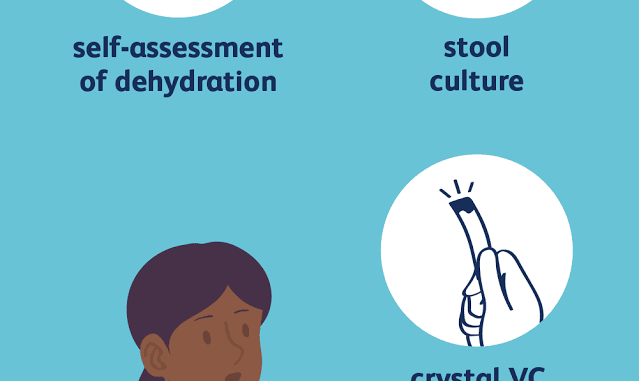
The Nigeria Centre for Disease Control (NCDC) says it has activated a multi-sectoral national emergency operation centre (EOC), following an increase in cholera cases across the country.
Chikwe Ihekweazu, director-general of the NCDC, in a statement on Monday, disclosed that over 10,000 suspected cholera cases have been reported in 2021, with 112 confirmed, while 289 deaths have been recorded.
He listed the most affected states as Plateau, Bauchi, Gombe, Kano, Zamfara, Bayelsa and Kaduna.
Due to the increasing number of infections, the NCDC said the centre will focus on providing prompt response to patients.
“Since the beginning of the year, 10,833 suspected cholera cases have been reported with 112 confirmed cases and 289 deaths in 2021. In the last one month, an increasing number of cholera cases has been reported across states. The most affected states are Plateau, Bauchi, Gombe, Kano, Zamfara, Bayelsa and Kaduna,” the statement reads.
“Given the risk of large outbreaks across states, NCDC has activated an EOC. The EOC is co-led with the Federal Ministries of Environment and Water Resources, given the link between cholera and water, sanitation and hygiene.
“The National EOC has been supporting states to ensure a coordinated, rapid and effective response to the ongoing outbreak. This includes the deployment of National Rapid Response Teams (RRT) to support the response at state level, provision of medical and laboratory supplies, scale up of risk communications amongst other activities.
“Additionally, the resources that have been developed as part of Nigeria’s COVID-19 response are being used to strengthen the response to the cholera outbreak. This includes the digitalisation of the national surveillance system, establishment of laboratories and treatment centres, training of health workers among others.”
The NCDC urged suspected cases to seek proper treatment, and encouraged residents to maintain clean environments to limit spread of infections.
